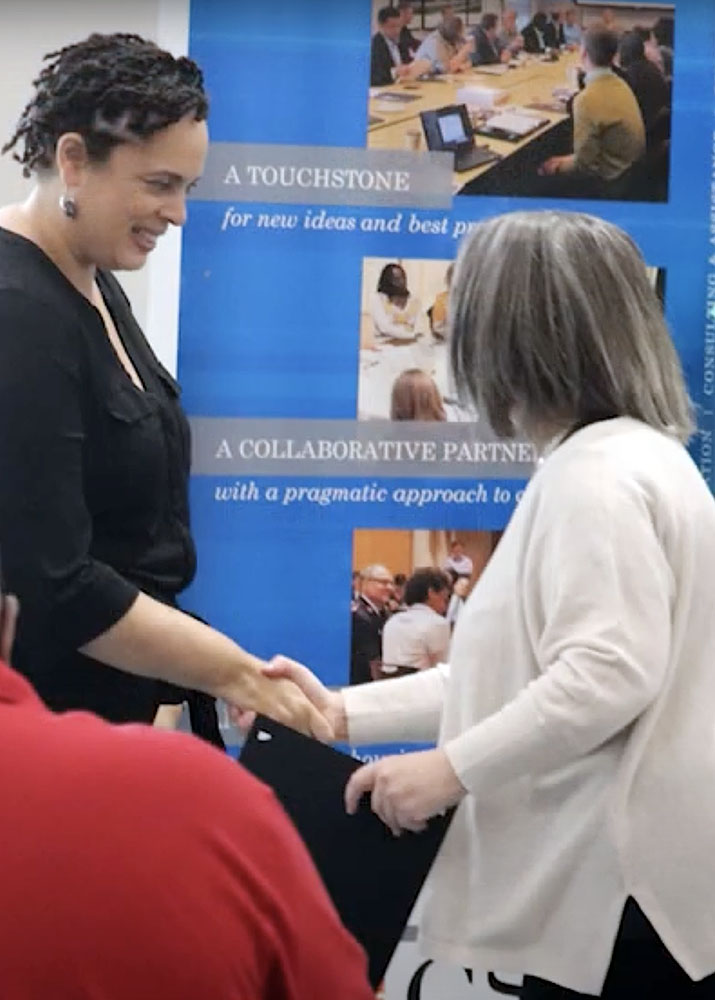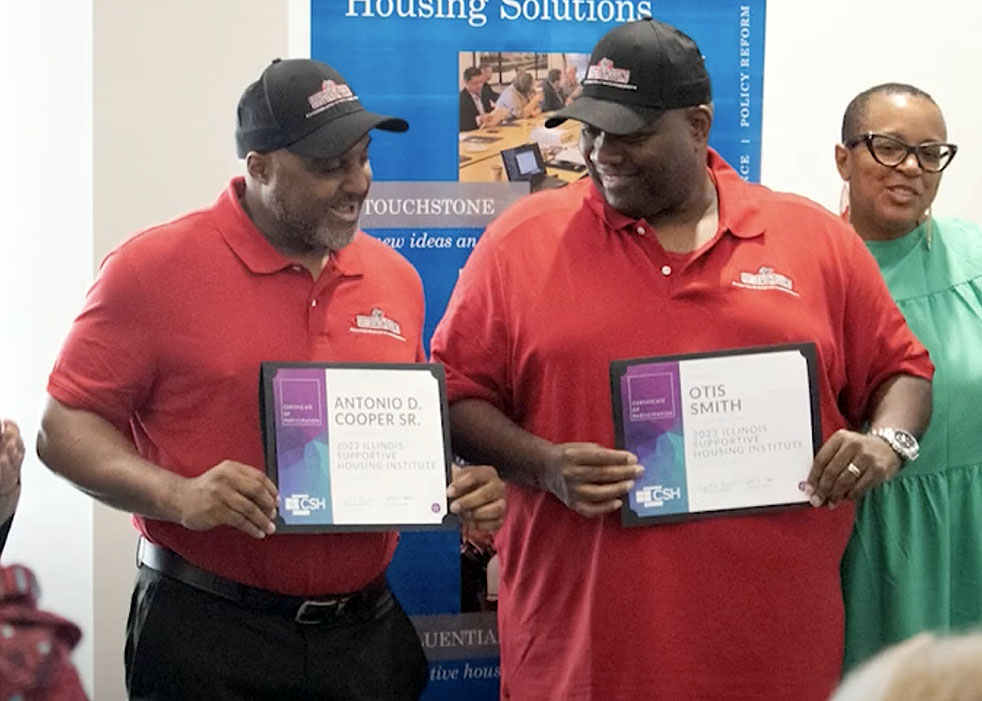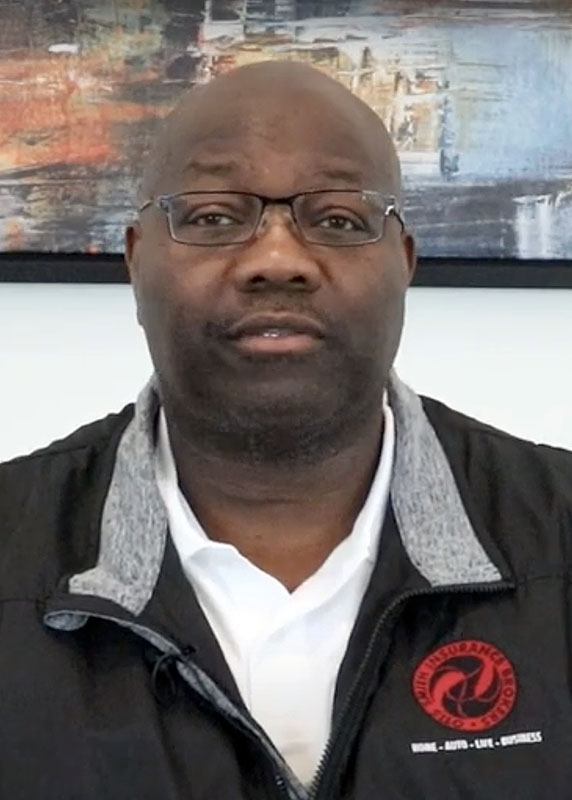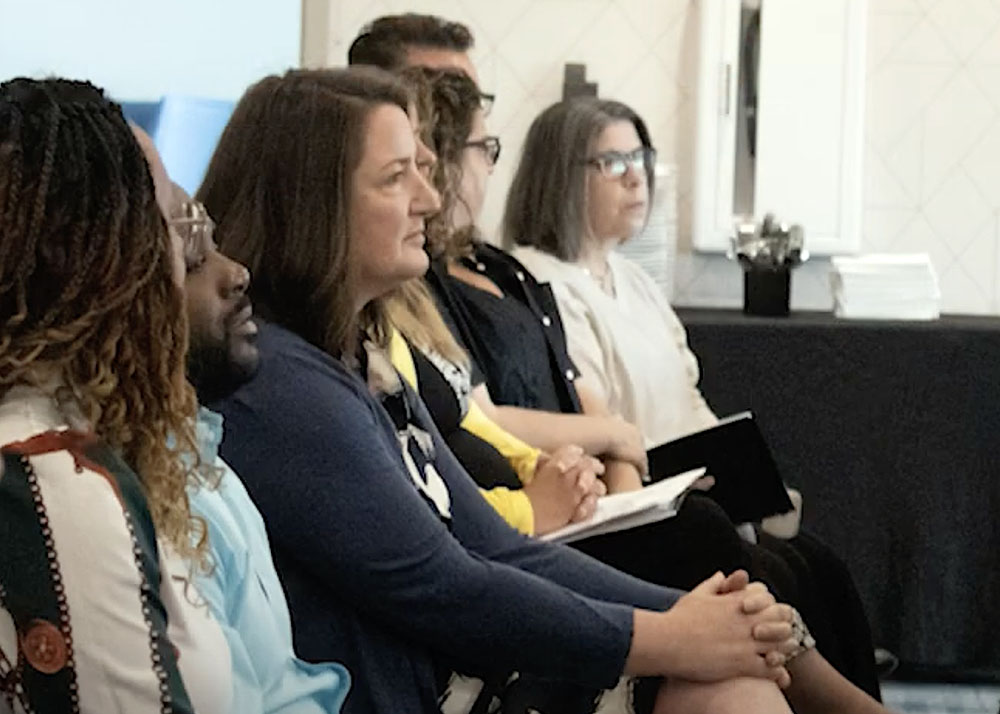Supportive Housing
Access to stable housing is fundamental to personal well-being. Without a safe home, it is nearly impossible to focus on basic health and medical needs, find employment, or escape the cycle of homelessness and crisis. On a given night in Illinois, an estimated 11,900 people are experiencing homelessness, many of whom face high barriers in accessing and maintaining stable housing.[i] However, by connecting affordable housing with access to supportive services, IHDA is creating new opportunities that help residents facing complex challenges to live with stability, independence, and dignity.
In 2022 and 2023, IHDA funded the creation and preservation of 773 units of permanent supportive housing in 68 developments across the state representing a total investment of $1.2 billion in IHDA financing.[ii] In total, 68% of IHDA’s multifamily rental production included supportive housing units as IHDA continued to align resources with other state agencies, create new funding opportunities, build capacity among downstate developers, and pursue strategic partnerships that result in better outcomes for the state’s most vulnerable residents.
In 2022, IHDA launched the Illinois Supportive Housing Institute and a Project Initiation Loan Pool to provide targeted training, technical assistance, and pre-development financing to developers of supportive housing. The Institute aims to reduce the timeline for creating supportive housing via improved planning and development processes, foster innovative proposals for supportive housing that target resident populations in downstate Illinois, and increase participation of downstate developers in IHDA’s financing programs. Over the course of the five-month Institute, teams participate in a series of two-day sessions of hands-on instruction that will ultimately result in a supportive housing development proposal that may be eligible for support from the Project Initiation Loan Pool. Notably, four development teams that participated in 2022 and 2023 Institutes had their project concepts approved for funding by the IHDA Board and are working towards closing on impactful projects that will address the unmet need for supportive housing in communities across Illinois.
TERMINOLOGY
Affordable housing with voluntary supportive services designed to help residents with a disability or those experiencing homelessness live stable, independent, and healthy lives.
A milestone, which must be sustained, in which the number of people experiencing homelessness at any time does not exceed the community’s ability to house them.
Recognizing that the housing and service needs of residents exiting state jails and prisons were not being effectively addressed, IHDA also introduced the Housing for Justice-Involved Individuals Program in 2022. Designed in partnership with the Illinois Department of Corrections, the Illinois Department of Human Services, and the Governor’s administration, the program funds transitional, service intensive housing designed to help residents avoid recidivism and achieve long-term housing stability. The first round of funding will support the acquisition or renovation of properties providing over 500 beds with wraparound services including life skills training, employment support, family reunification support, and more.
Finally, given the relationship between housing and health, IHDA is actively pursuing new partnerships with hospitals and health systems to promote healthcare industry investment in affordable housing. Through this effort, IHDA is building relationships with health centers in Cook County and Peoria as we collectively address the homelessness crisis. We expect these partnerships to result in better outcomes for at-risk residents, creating new links between housing and healthcare that improve quality of life and make services more accessible for frequent users of emergency services. As a part of this plan, IHDA integrated this effort within its Permanent Supportive Housing Development Program in 2023 and allocated $15 million in Authority resources to fund supportive housing developments that propose innovative models of healthcare integration, secure financial commitments from a healthcare partner, and address disparities in community health outcomes.
[1] HUD Point-In-Time Estimates of Homelessness: 2007 – 2023 Estimates by State
[1] $1.2 billion funded the creation or rehabilitation 68 developments containing 6,500 total units, of which 773 are permanent supportive housing.
Illinois Supportive Housing Institute
“The comprehensive training provided an invaluable overview of the supportive housing development process, from inception to completion. The knowledge and insights we gained have been instrumental in advancing our project and guiding our approach to create impactful housing solutions.”
– Jeremy Yost
Yost Management CEO
“The Illinois Supportive Housing Institute is our critical link to exploring best practices, shared learning of service models, understanding funding streams, and creating linkages with other housing providers that are pursuing the similar path for health and housing.”
– Larry McCulley
Southern Illinois Healthcare Foundation
President and CEO.




Chicago
